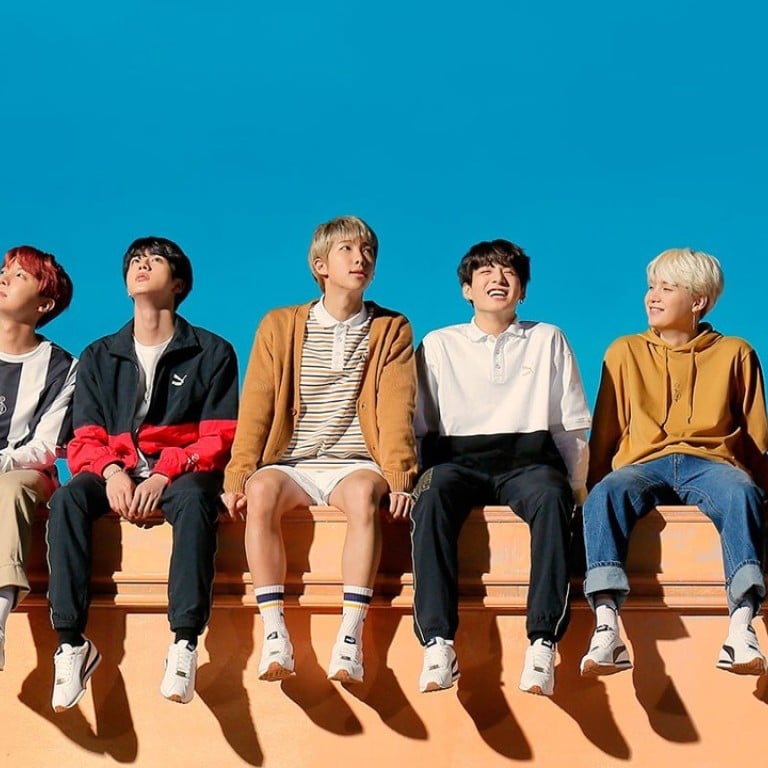
How K-pop gets away with cultural appropriation – of R&B, hip hop and bubblegum pop
K-pop groups such as BTS have copied Asian and Western musical trends and genres, just as South Korean industry has taken overseas technology and improved on it
A lot of fuss is made about “cultural appropriation” these days, but apart from it being considered generally politically incorrect, there’s also some confusion on the subject. In Asia, most of the criticism has been levelled at those borrowing from Chinese or Japanese culture for commercial gain, but Korean popular music has also come under attack.
Acts such as Rain, CL and Keith Ape have all ruffled feathers for incorporating elements of African-American music into their sound, but what constitutes “appropriation” of culture? After all, culture travels globally and appropriation could be seen as the highest form of flattery.
Classic rock survivors Foreigner on lasting the course and finding new fans
In the past few decades, dozens of artists from Elvis to Vanilla Ice have faced similar claims, but most criticism seems to focus on appropriation without proper attribution. Still, other acts have managed to get away with borrowing from foreign music or fashion part of their artistic expression.
Appropriation can be done well or in poor taste. It can be done with attribution or as part of an act of wholesale theft. And it can be done in acceptable and unacceptable ways.
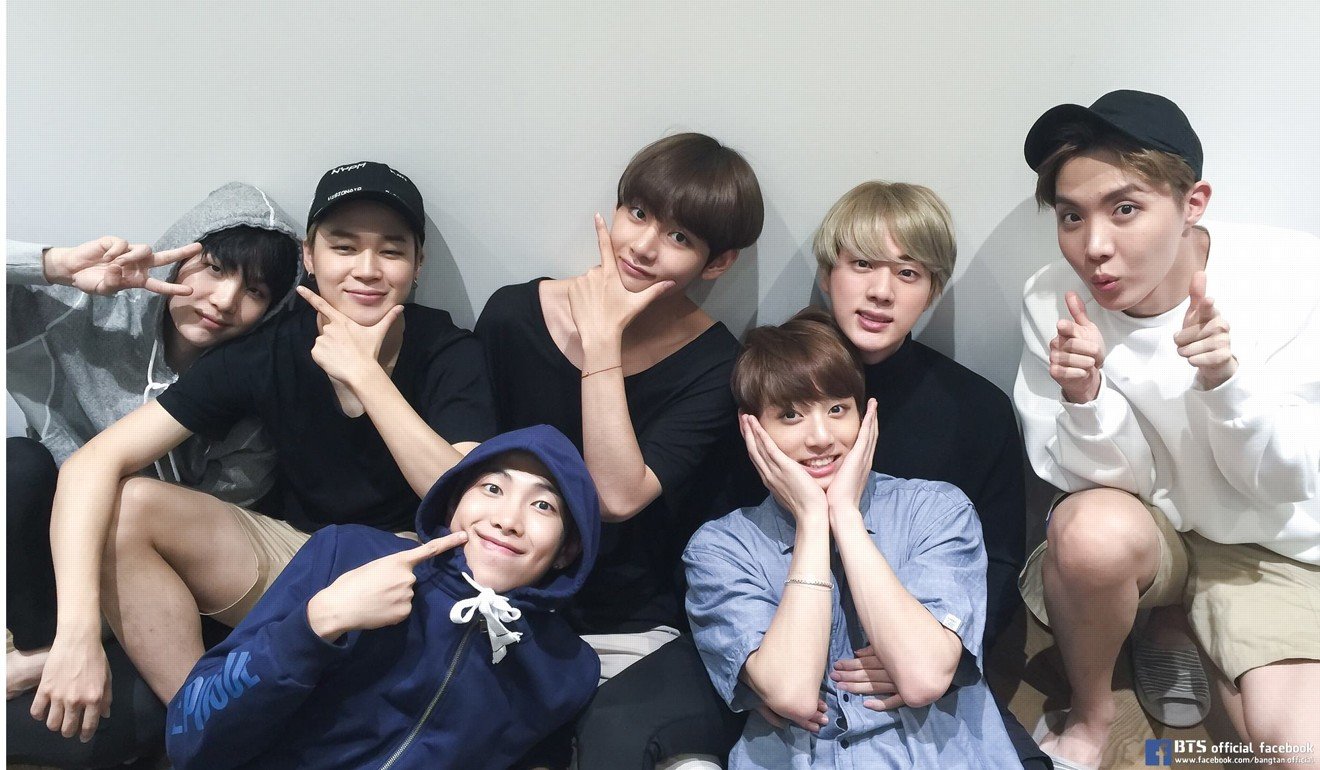
When it comes to South Korea, the country has been looking overseas for inspiration since it started modernising. And K-pop, like many aspects of Korean culture that emerged in the 1960s and ’70s, is inherently “appropriative”.
For example, take the story of the automobile in Korea. Everything began with the Shibal. The car’s name, despite sounding like a serious swear word in Korean, comes from the Sino-Korean term for “to start/depart”. A symbol of Korean development style itself, the legendary Shibal car was cobbled together from parts of US Army Jeeps and turned into gaudy, cyan-coloured taxis.
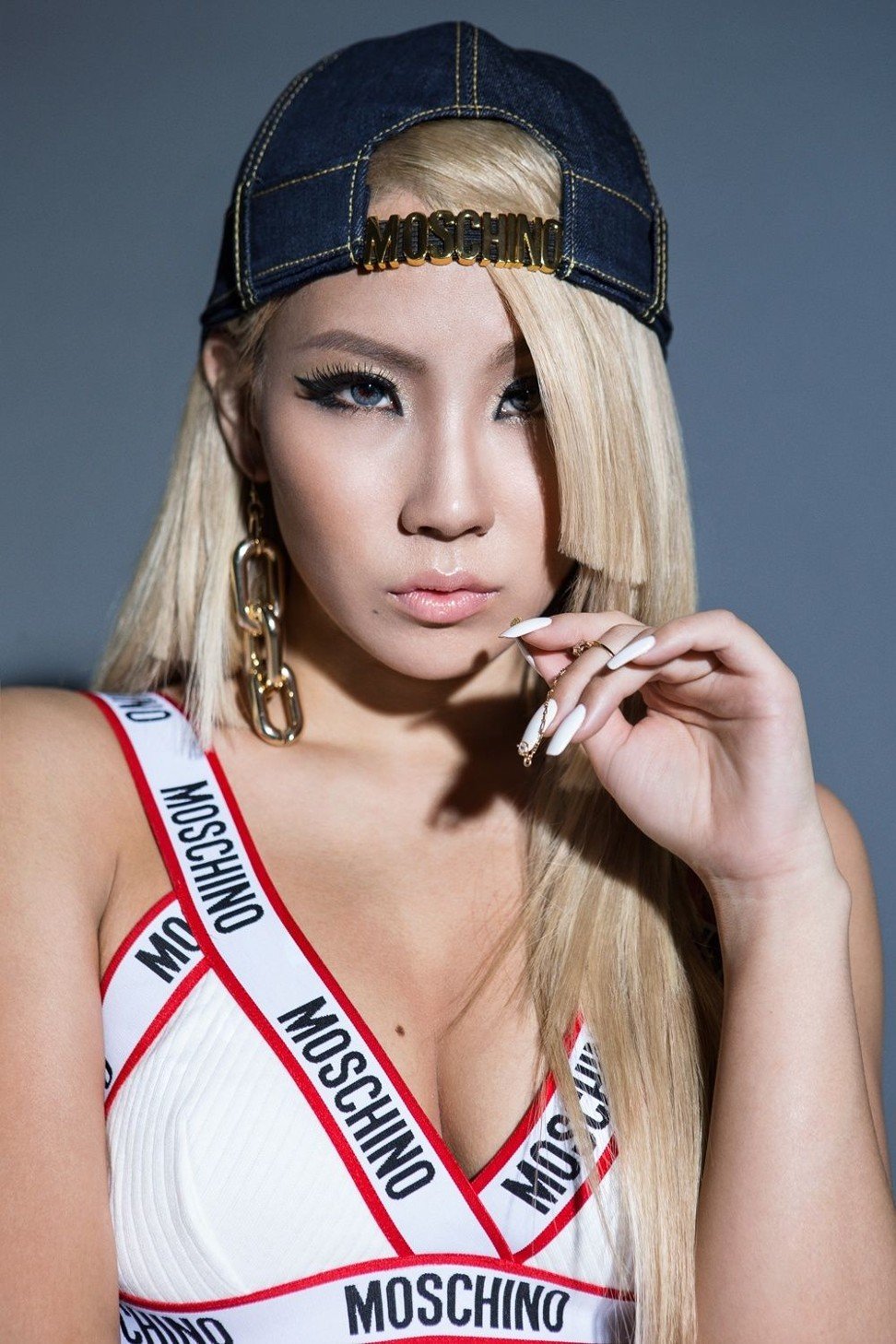
In South Korea, almost everything is the offspring of the Shibal, making it the perfect metaphor for all kinds of developmental success in Korea, from Samsung and K-pop to street fashion. Piecing together the best parts of finished technologies and practices perfected overseas and creating more efficient domestic versions is as old as modern, industrial Korea itself.
And this is what K-pop is. It’s a Shibal car cobbled together from elements of Western boy/girl bands (who were themselves borrowing from the Motown bands), a good helping of bubblegum pop, glued together with some rap and all smoothed out in the style of hip hop.
Thai pop documentary shows real life stories and thoughts of idols in group
Donna Lee Kwon, a professor in ethnomusicology at the University of Kentucky and a researcher of Korean, Asian and Asian-American popular music, says “appropriating from various sources, including African-American dance-oriented R&B and hip-hop, was integral to K-pop from the time of Seo Taiji, who many credit as the founder of modern K-pop”.
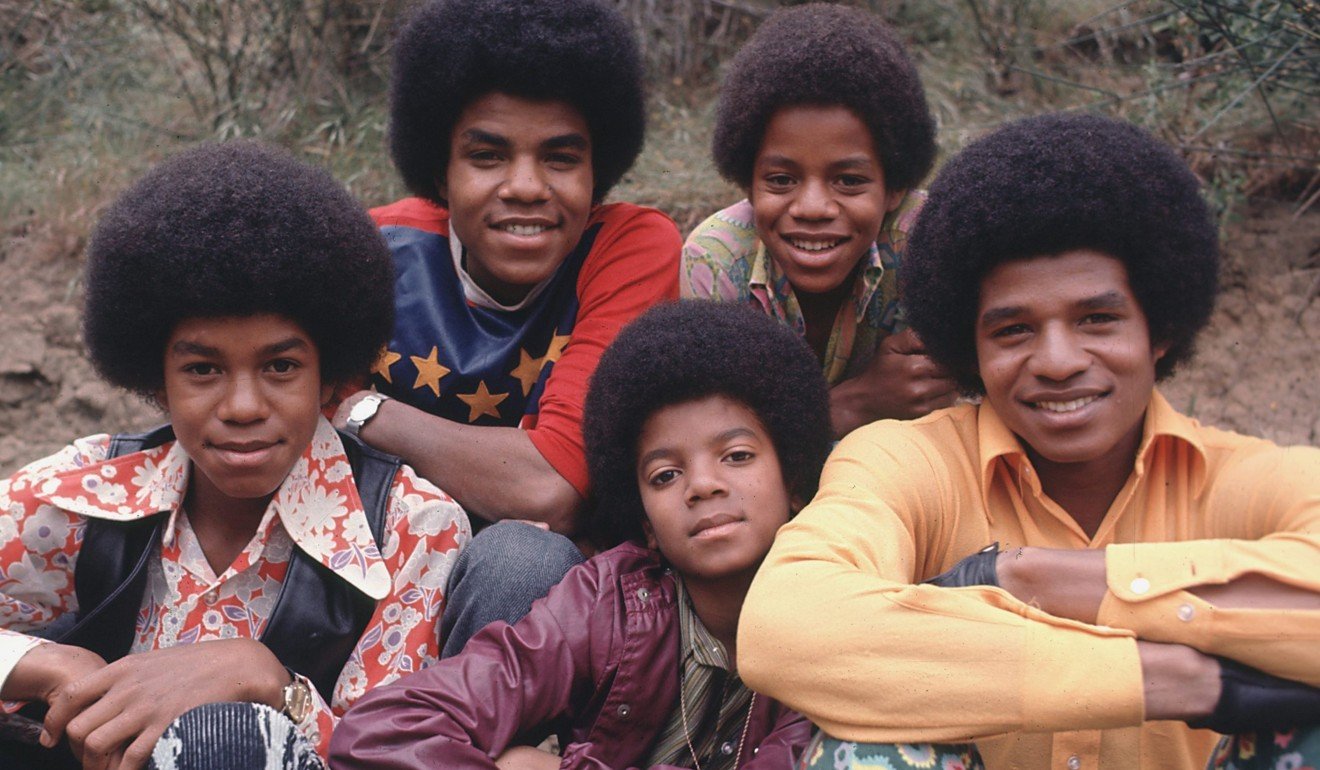
As K-pop giants BTS continue to take the world by storm, it’s important to remember that they are part of an industrial process that takes the best of what works and incorporates it into something new.
When listening to their R&B song, I Need You, for example you’ll hear echoes of earlier Korean acts such as G.O.D. or Jinusean. But the style of laying raps over syrupy harmonising was popularised by New Kids on the Block, who themselves were created in the image of The Jackson Five.,
In the end, what allows K-pop acts to get away with cultural appropriation is that attribution tends to be fairly clear. To date, K-pop stars haven’t claimed to have invented rap or be better at it than its originators, and they either perform it to a high standard or offer a fresh take.
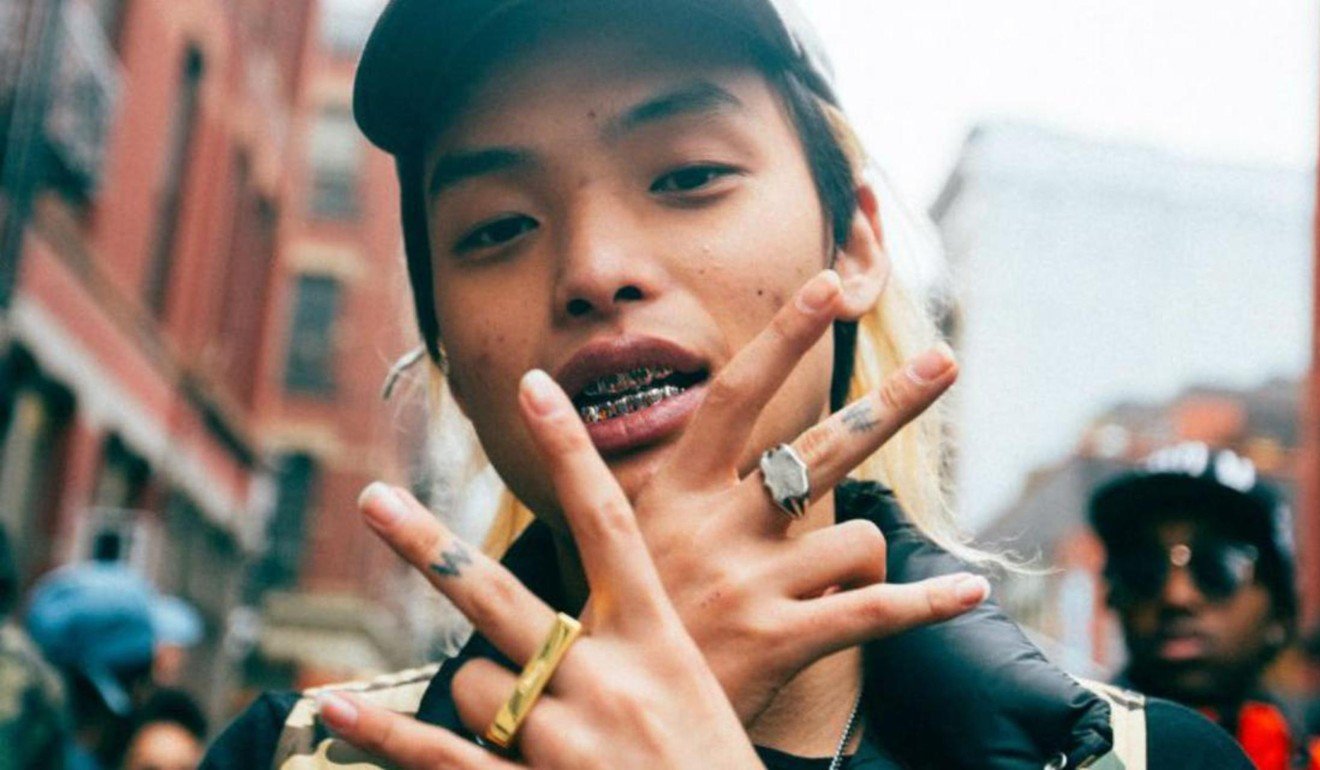
This is the way Psy is a “rapper” – he doesn’t do it in the dominant, familiar way. Instead, he does his own thing. It’s what CL does, although she often takes jabs at American rap as part of her style. It’s what Keith Ape does, although he’s much more in direct conversation with the trap genre he works in and stays within his lane in terms of genre conventions.
BTS’ Idol video passed the 200 million hit mark in a record 43 days
And of course it’s what BTS does, although they remix and integrate a range of forms into what is a truly impressive performance, musical and visual style.
Cultural appropriation has served Korea well and it’s as much a part of the modern Korean cultural identity as Instagram girls taking selfies or young men using foundation or lip gloss. Understanding why things happen in this Korean way, on Korean terms, is a crucial part of understanding Korea and its breathtakingly fresh new media culture.
